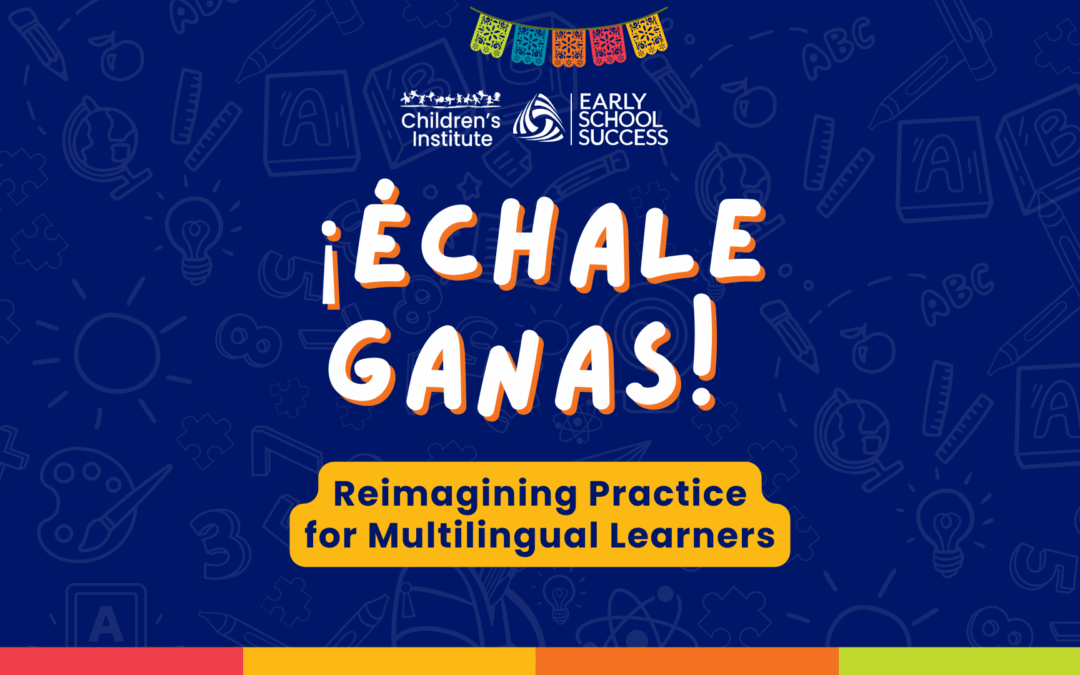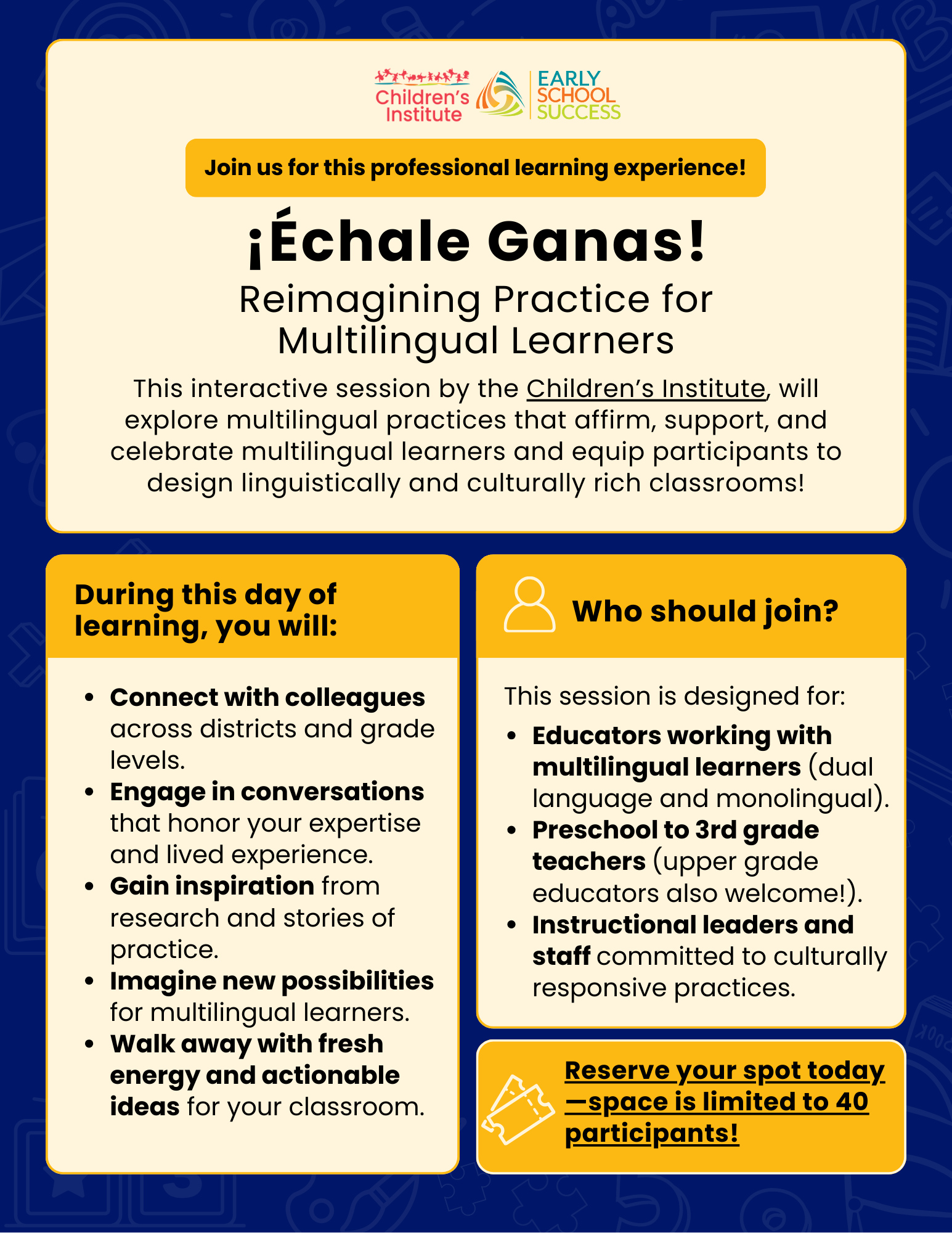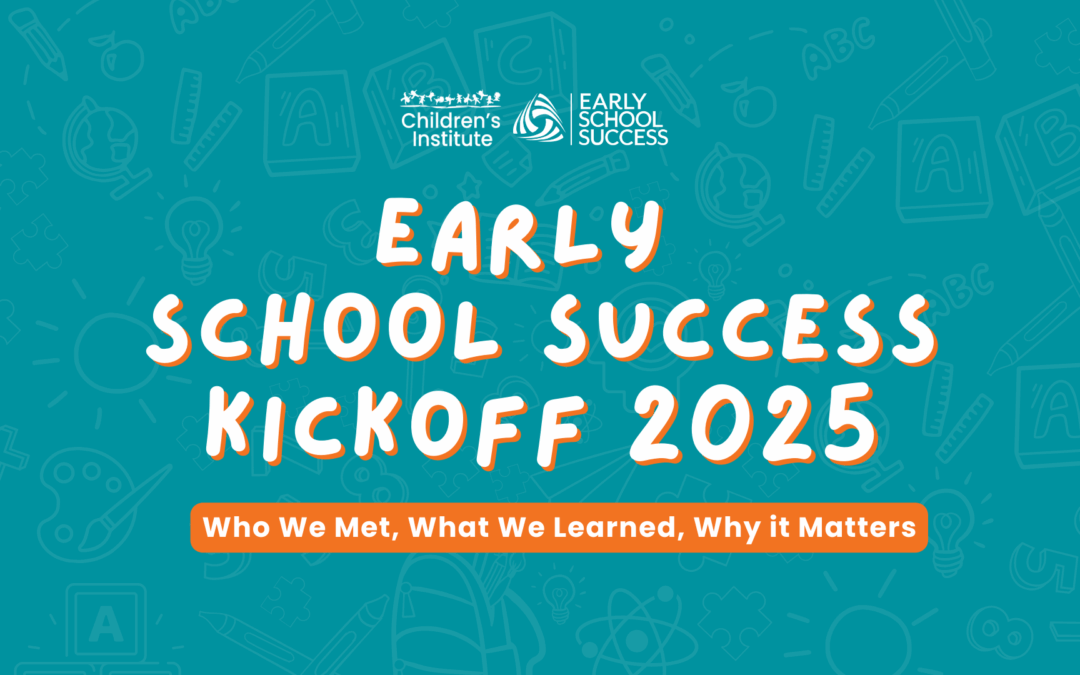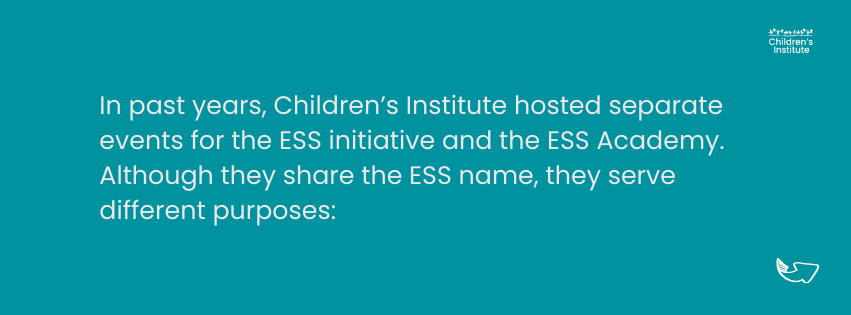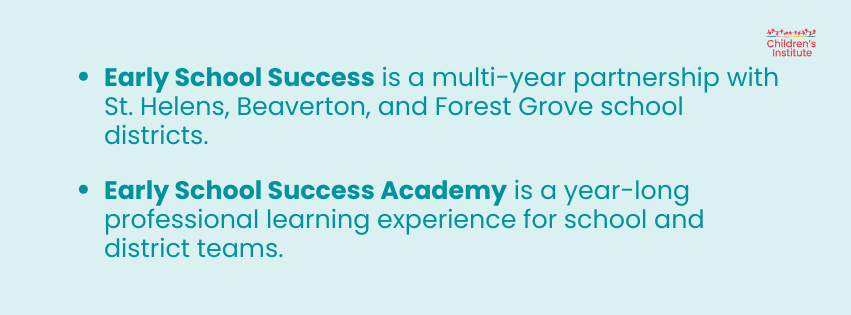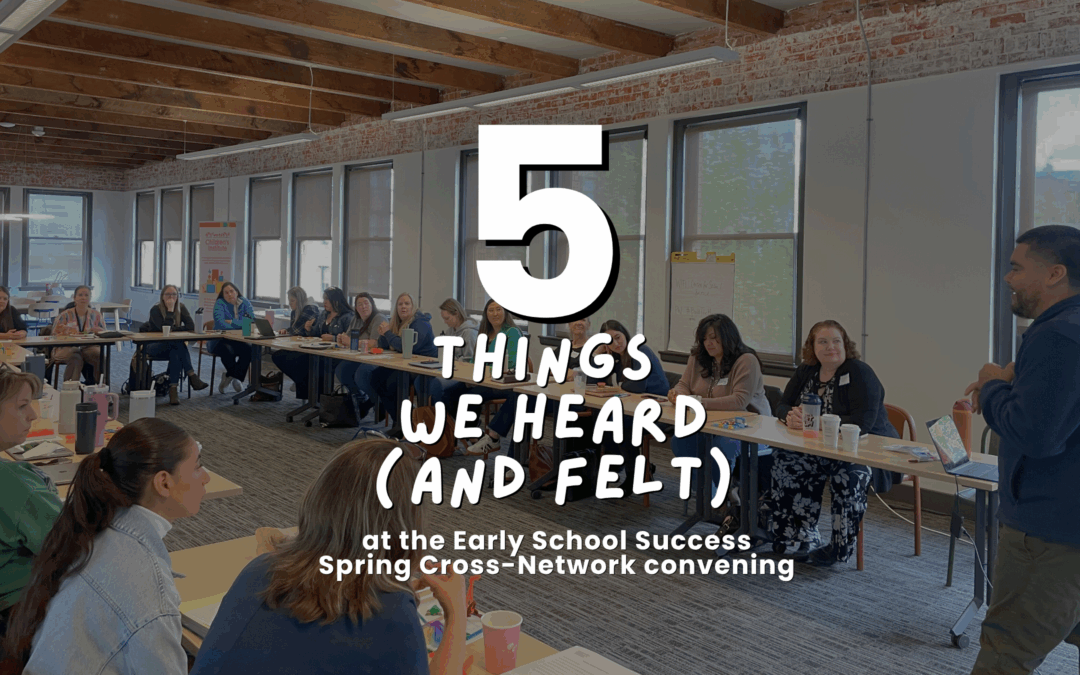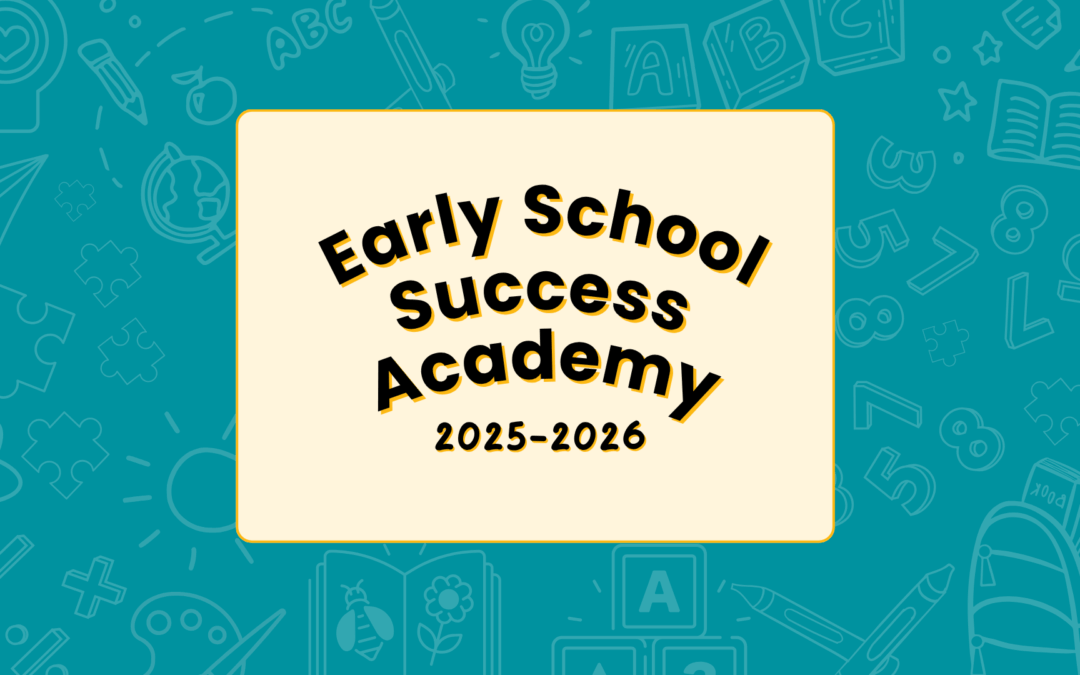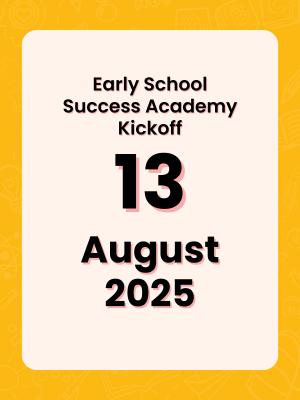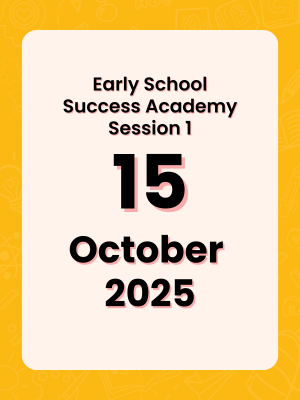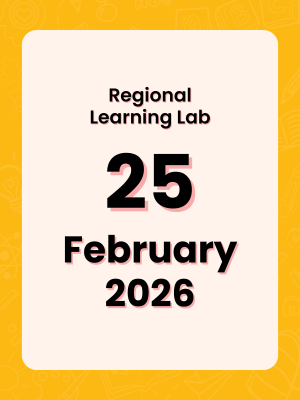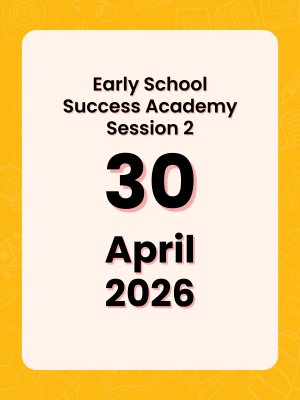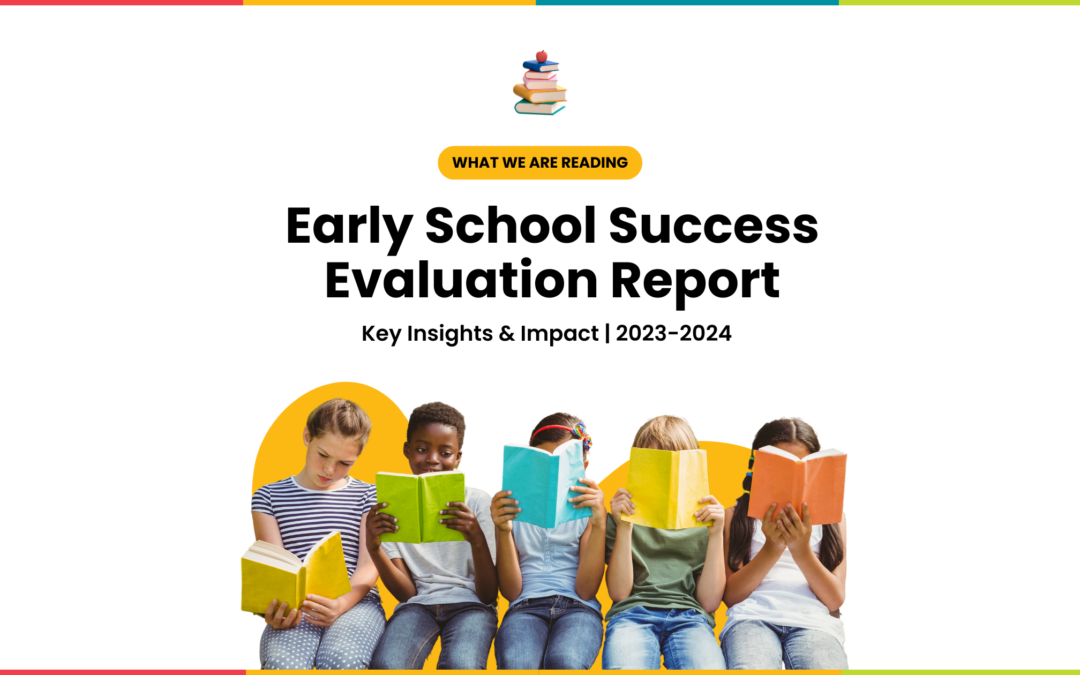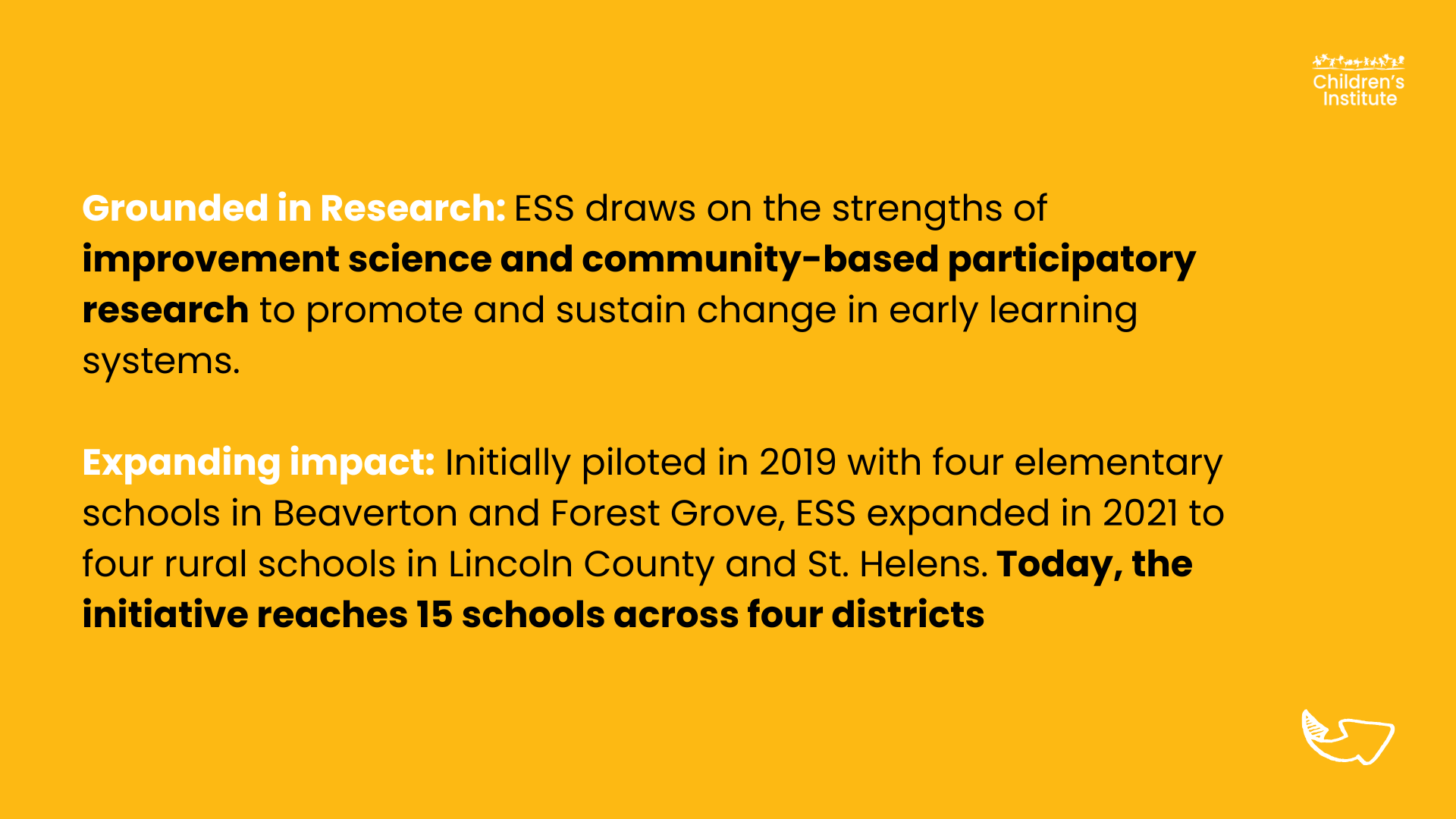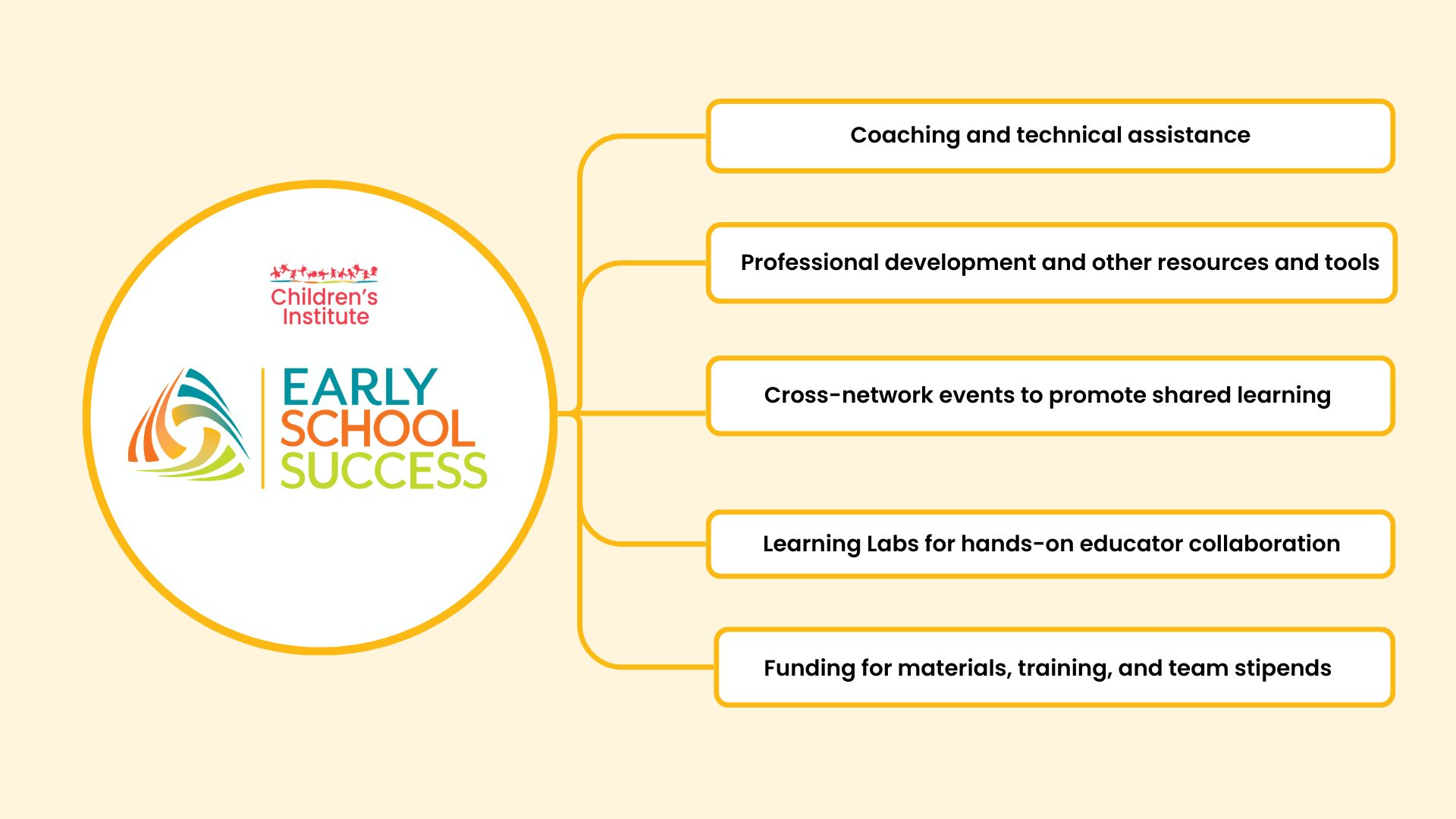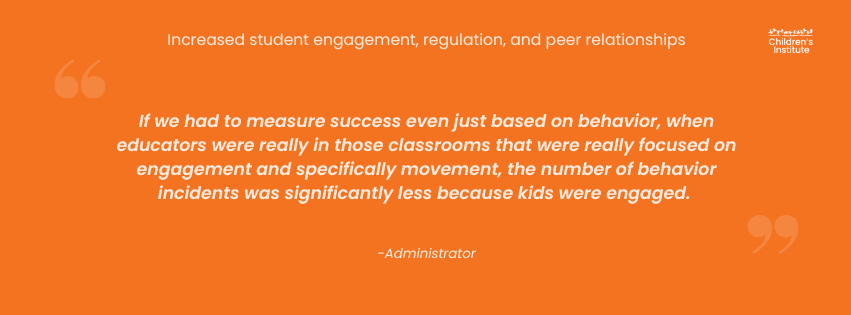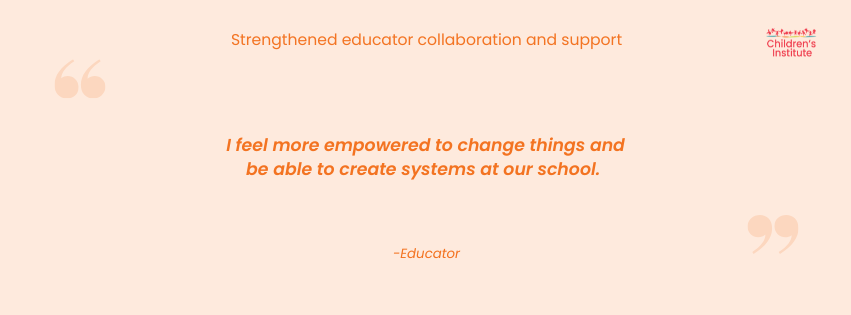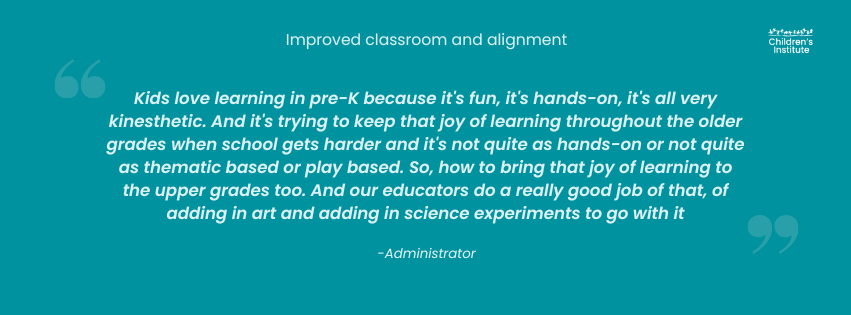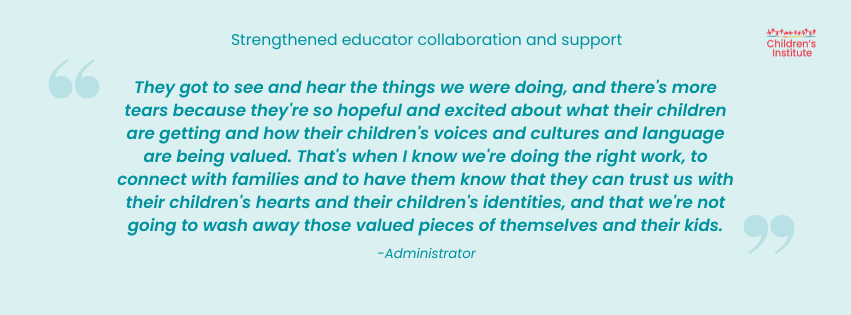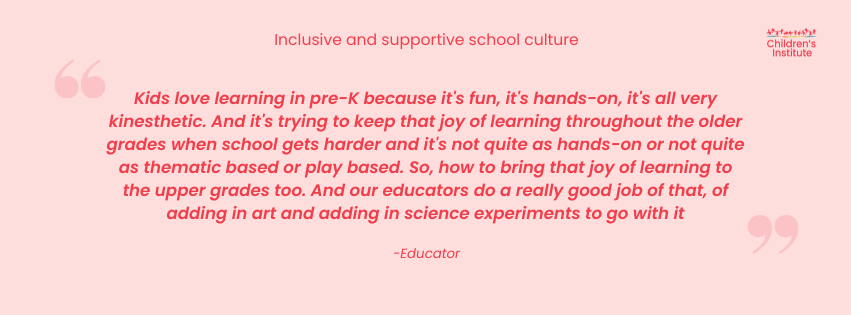Curiosity fueled creativity throughout the day. Educators looked closely at the developmental needs of our youngest learners, and asked, “Where are the gaps, and how can we close them?”
Play emerged as a central theme and as a powerful lever for learning. Educators shared how play provides children opportunities to connect with others, communicate their ideas, and practice problem-solving.
Hands-on activities helped participants imagine what this looks like in practice. Pipe cleaner bridges represented smooth transitions from preschool to kindergarten. Towers of blocks revealed areas where supports are strong and where gaps remain. Small-group reflections surfaced patterns in instructional alignment.
As one participant shared, “I will ground myself in working with fear and discomfort, and exercise creative courage this year.”
Breakout sessions by role dug deeper. Educators reflected on times when seeing through a child’s developmental lens transformed their practice. Educators planned new ways to integrate play into learning, coaches thought about how to support staff across grades, and team leads discussed how to strengthen family communication. Everyone left with concrete steps to bring back to classrooms and schools.
